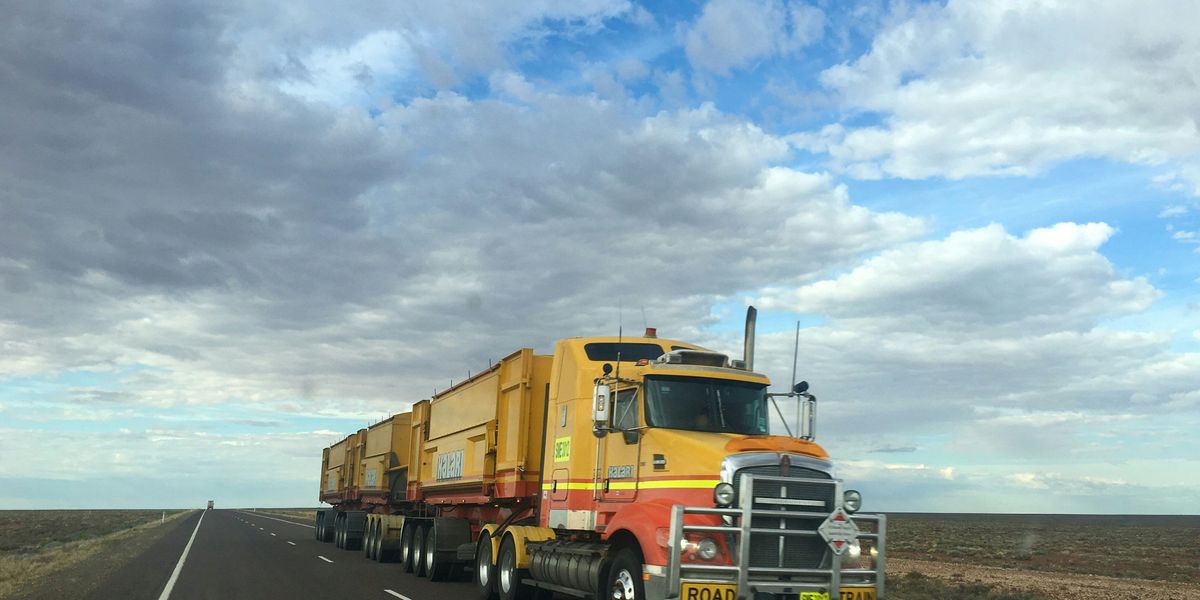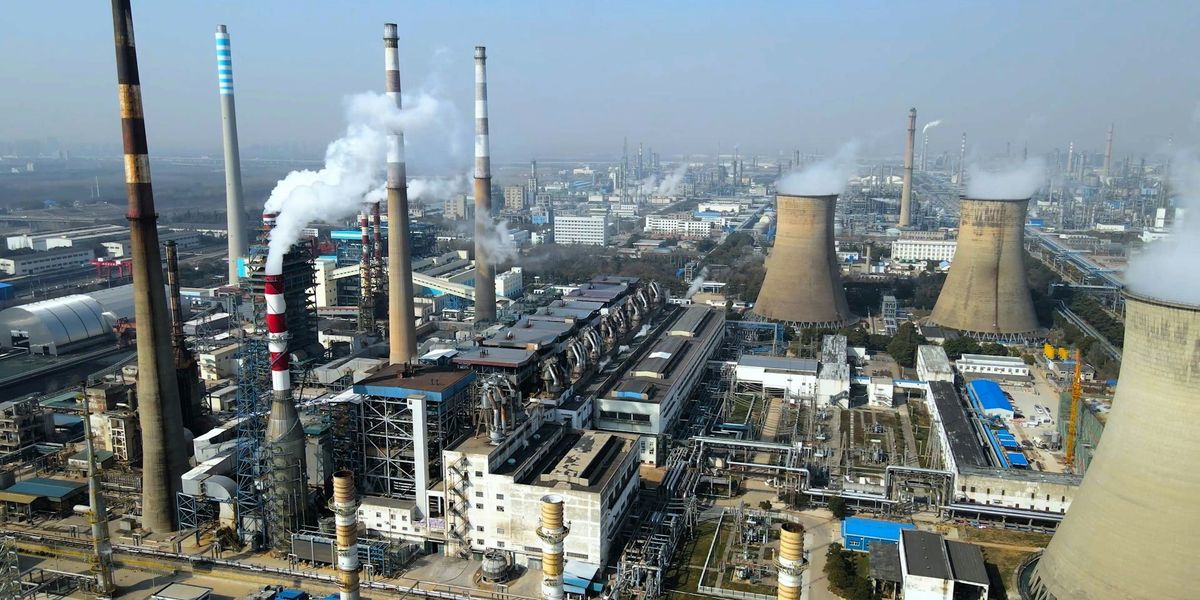extreme heat & vulnerable populations
Construction worker's tragic end highlights the deadly impact of extreme heat on workers
Caught in a deadly heatwave, David Azevedo's effort to impress in a new job tragically cost him his life, underscoring the urgent need for better protections for outdoor workers.
In short:
- David Azevedo, working in extreme heat on a French construction site, succumbed to heatstroke, demonstrating the severe risk posed by rising temperatures.
- Despite showing signs of severe heat illness, David was left unattended for critical moments, which may have contributed to his death.
- The incident reveals the urgent necessity for stronger safety regulations to protect workers in increasingly frequent and severe heatwaves.
Key quote:
“Workers are compelled to be in the heat. They have to work or they lose their livelihood. This speaks to a wider dynamic: power and money determine your vulnerability to climate change.”
— Cora Roelofs, professor at the University of Massachusetts Lowell
Why this matters:
As heatwaves become more frequent and severe, our bodies are pushed to their limits, and the risks aren't just limited to those working under the sun. Read more: How youth can battle extreme heat in their communities.
Global warming poses severe risk to elderly by 2050
The elderly population worldwide will face increased risk from extreme heat due to climate change and demographic shifts by 2050, warns a new study.
In short:
- The number of older people exposed to chronic and acute heat will grow by about 200 million by mid-century.
- Effective climate action and protection plans can reduce the intensity of heat risk for the aging population.
- In the U.S., around 30 million people currently face chronic heat exposure, with projections indicating 20% of the population will be affected by 2050.
Key quote:
"The heat that elderly individuals are exposed to throughout the year could grow up to five-fold, on a global scale."
— Giacomo Falchetta, researcher at the ECIP division of the Euro-Mediterranean Center on Climate Change
Why this matters:
As the global population ages, climate change amplifies health risks, particularly for older adults. Climate action and policy interventions to protect vulnerable populations can help to mitigate these risks but political obstacles slow meaningful action. Read more: Climate change and an aging population.
















